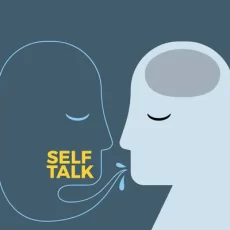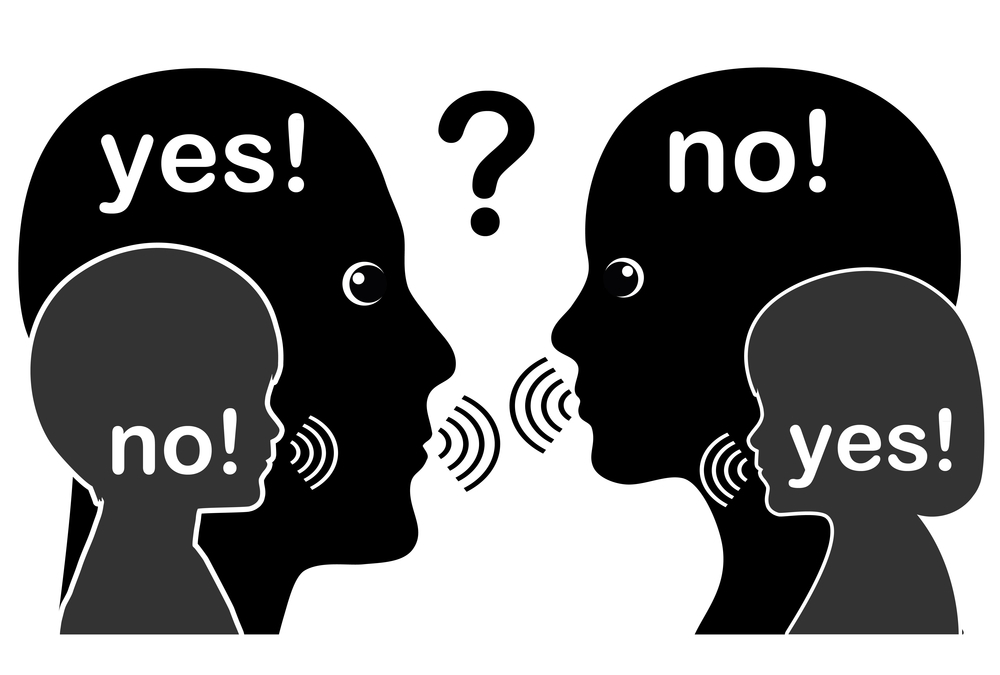Research suggests the average person has about 50K thoughts every day. Sound like a lot? It does not stop there. Every time one of those 50K thoughts take place, chemicals are produced in your brain that can trigger reactions felt through out your body. There is a strong relationship between what you think and how you feel, both physically and emotionally. Because you are always thinking much like breathing, you tend to forget that you are doing it. You likely don’t even realise how much your thoughts dictate how you feel every hour of every single day.
It is impossible to try and track every single thought you have to see if it is having a positive or negative influence on your emotional state. The thoughts that are most influential are those where you literally talk to yourself. though you might not realise you have these thoughts, We all have an internal voice inside our head that affects our perception of things. We tell ourselves to keep quiet, we congratulate ourselves on a job well done and we reprimand ourselves for making poor decisions. Our thoughts are talking to us every day, and this inner voice is called Self talk.
With thoughts, the primary vehicle for regulating your emotional flow, what you allow yourself to think can rumble emotions to the surface, stuff them down under ground, and intensify and prolong any emotional experience. When a rush of emotions comes over you, your thoughts turn the heat up or down. By learning to control your self talk you can keep yourself focussed on the right things and manage your emotions more effectively.
Much of the time, yourself talk is positive and it helps you through your day ( “I would better get ready for the meeting” or I am really looking to going out to dinner tonight”). Your self talk damages your ability to self manage any time it becomes negative. Negative self talk is unrealistic and self defeating. It can send you into a downward emotional spiral that makes it difficult to get what you want from life.
What follow are the most common types of negative self talk with the keys to taking control of them and turning them around
- Turn I always or I never into just this time or sometime: Your actions are unique to the situation in front of you, no matter how often you think you mess up. Make certain your thoughts follow suit. When you start treating each situation as its own animal and stop beating yourself up over every mistake, you will stop making your problems bigger then they really are.
- Replace judgemental statements like I am an idiot with factual one like I made a mistake : thoughts that attach a permanent label to you leave no room for improvement. Factual statements are objective, situational, and help you to focus on what you can change.
- Accept responsibility for your actions and no one else’s. the blame game and negative self talk go hand in hand if you are someone who often thinks either it is all my fault or it is all their fault you wrong most of the time. It is commendable to accept responsibility for your actions, but not when you carry someone else’s burden. Like wise, if you are always blaming others, it is time to take responsibility for your part.





